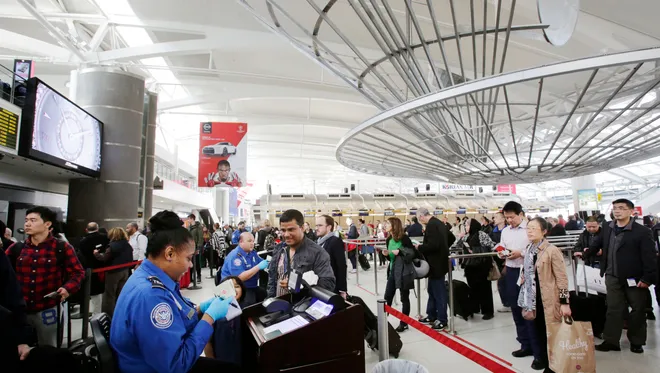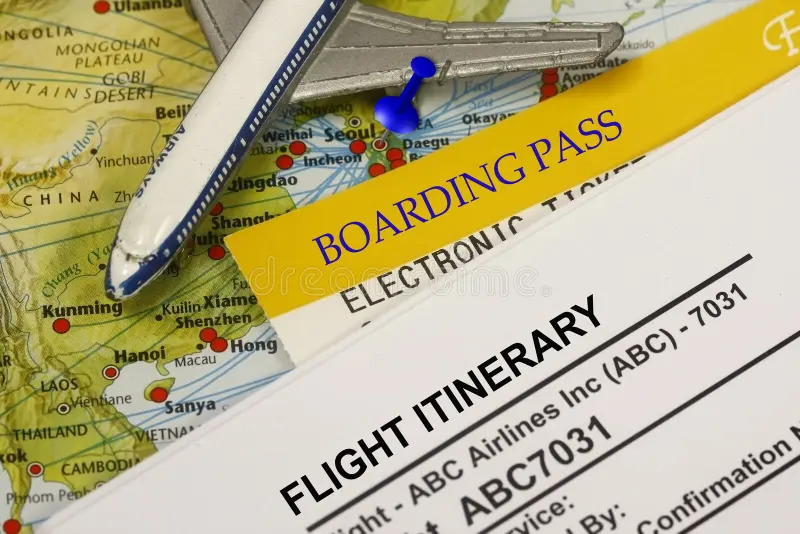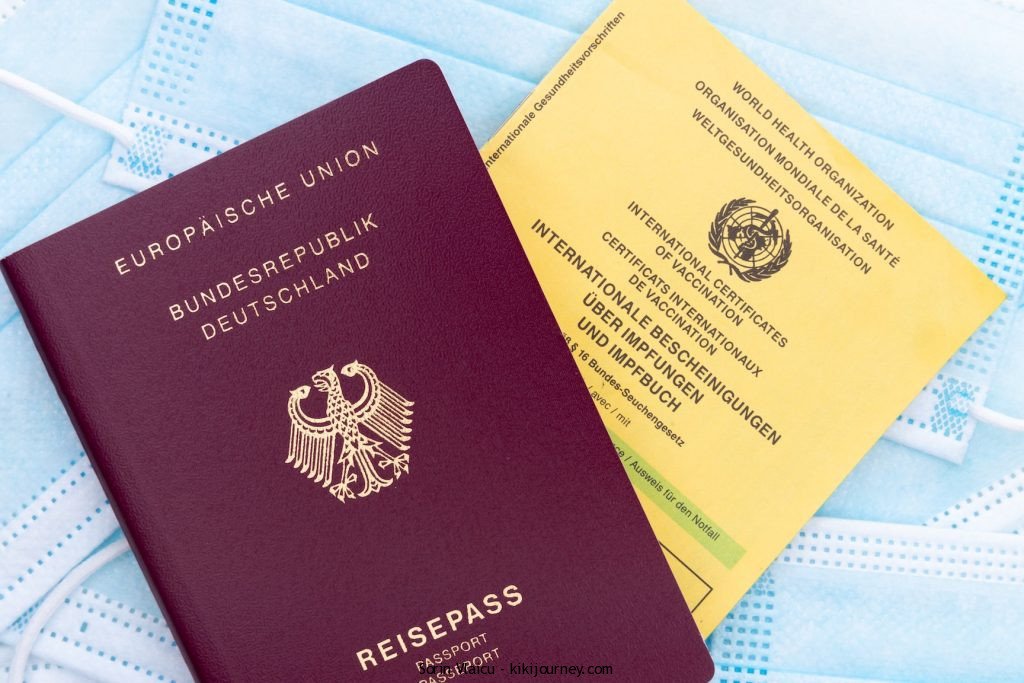Introduction
Traveling to Europe has always been a dream for many individuals, whether for tourism, business, or other purposes. However, despite having valid documentation, some travelers face the unfortunate reality of having their visa applications rejected. This article aims to delve into the reasons behind Europe’s decision to reject visas for individuals with seemingly valid documents. By understanding these factors, potential travelers can be better informed and prepared for their visa application process, ensuring a smoother journey to their desired European destination.
Stringent Immigration Policies and Security Concerns
One of the primary reasons behind visa rejections is the increasingly stringent immigration policies and security concerns of European countries. In recent years, Europe has faced several security challenges, including terrorism and illegal immigration.
To combat these issues, governments have implemented stricter regulations and thorough screening processes to ensure the safety and well-being of their citizens. As a result, visa applications are subject to intense scrutiny, and even minor discrepancies or concerns can lead to rejection.

Documentation Errors and Inconsistencies
Another common reason for visa rejection is documentation errors and inconsistencies. The visa application process requires individuals to submit a plethora of documents, including passports, travel itineraries, financial statements, and proof of accommodation.
Even a small mistake or missing information can lead to rejection. Common errors include providing outdated or invalid documents, incomplete forms, or discrepancies between the information provided in different documents. It is crucial for applicants to meticulously review their documents and ensure that all the information is accurate, up to date, and consistent.

Insufficient Financial Means
European countries often require visa applicants to demonstrate sufficient financial means to cover their expenses during their stay. This requirement is in place to ensure that individuals can support themselves and avoid becoming a burden on the host country’s welfare system.
Visa officers assess financial documents, such as bank statements, to determine the applicant’s financial stability. If the provided evidence does not meet the country’s requirements or raises doubts about the applicant’s ability to fund their stay, the visa may be rejected.
Lack of Strong Ties to Home Country
To prevent potential cases of immigration abuse, visa officers evaluate an applicant’s ties to their home country. They want to ensure that individuals have strong reasons to return after their authorized stay in Europe.
Factors such as employment, family ties, property ownership, and community involvement are considered. If an applicant fails to provide compelling evidence of strong ties, their visa application may be rejected due to concerns about the potential for overstay or illegal immigration.
Inconsistent Travel History
An applicant’s travel history can significantly impact the outcome of their visa application. European countries may view a lack of previous international travel as a potential risk, as it offers little evidence of an individual’s adherence to immigration laws and norms.
Conversely, an applicant with a history of frequent international travel may be perceived as more trustworthy and responsible. Therefore, individuals with limited travel history or a history of visa rejections from other countries may face higher chances of visa rejection.

Conclusion
Visa rejections can be disheartening, especially for travelers with valid documents. However, understanding the reasons behind Europe’s decision can help applicants address potential concerns and increase their chances of approval. By adhering to stringent immigration policies and addressing documentation errors, individuals can enhance their visa application’s credibility. Demonstrating sufficient financial means and strong ties to their home country is also vital. It is essential to remember that each country has its specific requirements and considerations. Engaging professional assistance, such as immigration lawyers or visa consultants, can provide valuable guidance throughout the visa application process, increasing the likelihood of a successful outcome.




